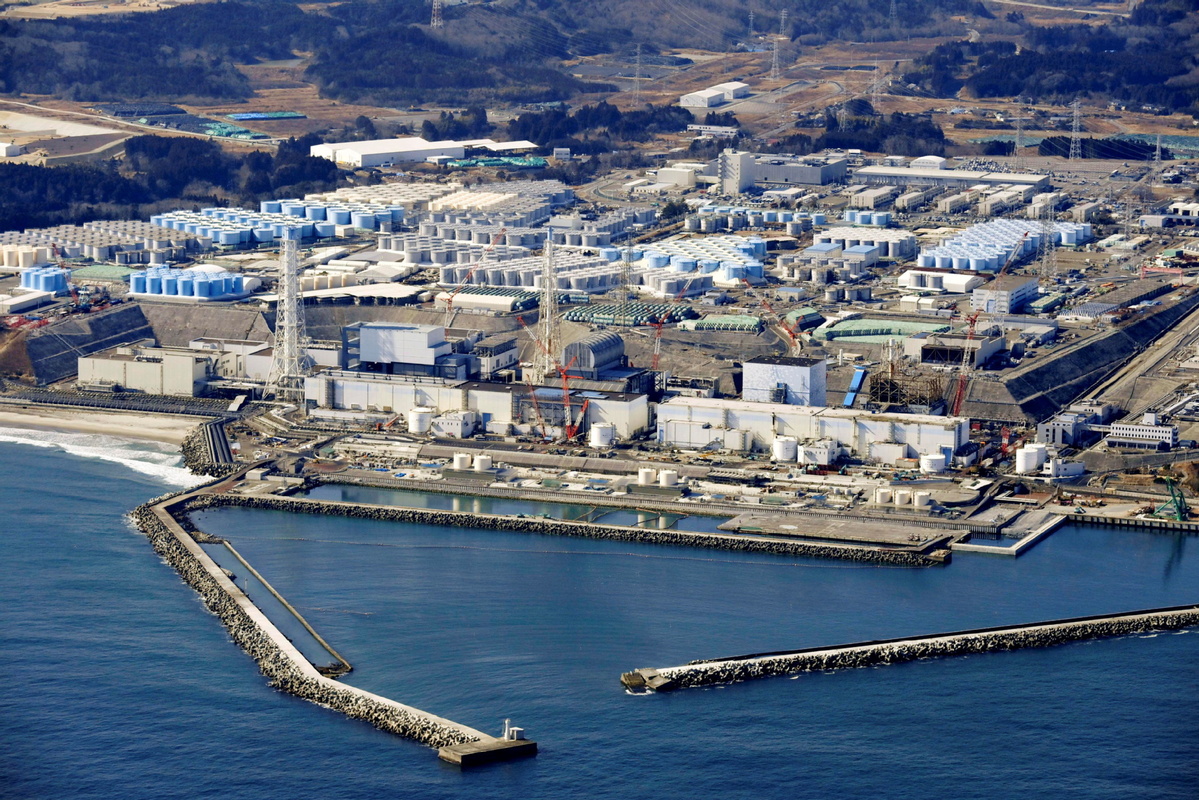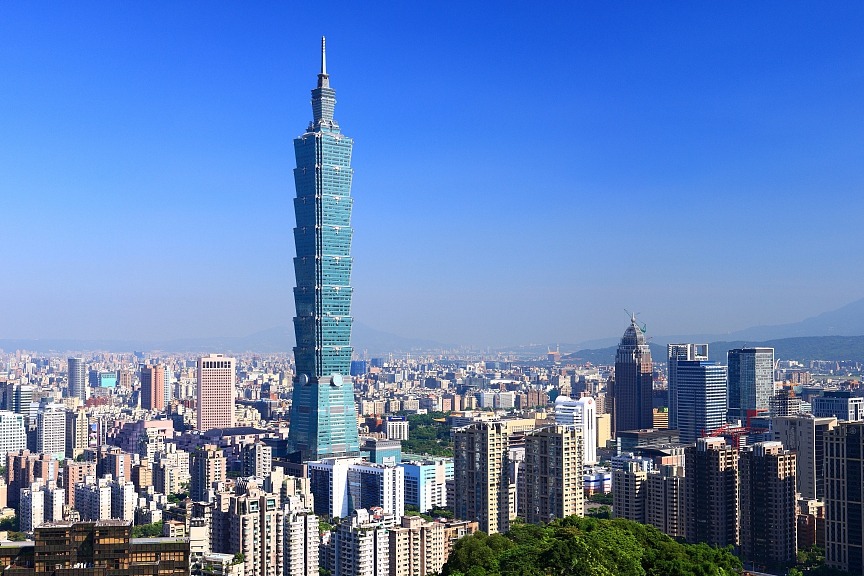Environmentalists oppose Japan decision to dump Fukushima water into sea


Representatives from international environmental protection organizations on Tuesday expressed their opposition to Japan's decision in April to release contaminated water from the Fukushima nuclear power plant into the sea.
Speaking at an online event running parallel to the ongoing 47th Session of the United Nations Human Rights Council, they emphasized the impacts of nuclear wastewater on marine ecology and human health.
The Japanese government decided to discharge contaminated water from Fukushima nuclear power plant into the Pacific Ocean on April 13, and the release will start within two years.
Shahriar Hossain, a member of the Steering Committee of the International POPs Elimination Network, said nuclear radiation is one of the major types of marine pollution, with others including plastic waste, sewage sludge and mercury.
"Once in seawater, radiation can hurt ocean animals in several ways by killing them outright or passing radioactive material up the food chain.
"Radiation exposure can slightly increase a human's lifetime risk of developing cancer or kidney problems," he said at the event hosted by the All-China Environment Federation.
He added that after being aware of the pollution, we should raise our voices to protect marine life and ban nuclear waste dumping in bodies of water.
Song Juhee from the Korean Federation of Environment Movement in South Korea said civil society in Korea also claims that their government has to stop all imports of Japanese marine products and work on countermeasures to protect the domestic fishing industry.
"Civil society requires more effective and active action from the Korean government," she said.
Xu Nan, a member of the Shanghai Rendu Ocean NPO Development Center in China, said as far as she knew, about 200 organizations in China publicly opposed the release plan.
"Although we are from different nations, we share the same oceans. It is not responsible economic and social development to treat oceans as dumps," she said.

































